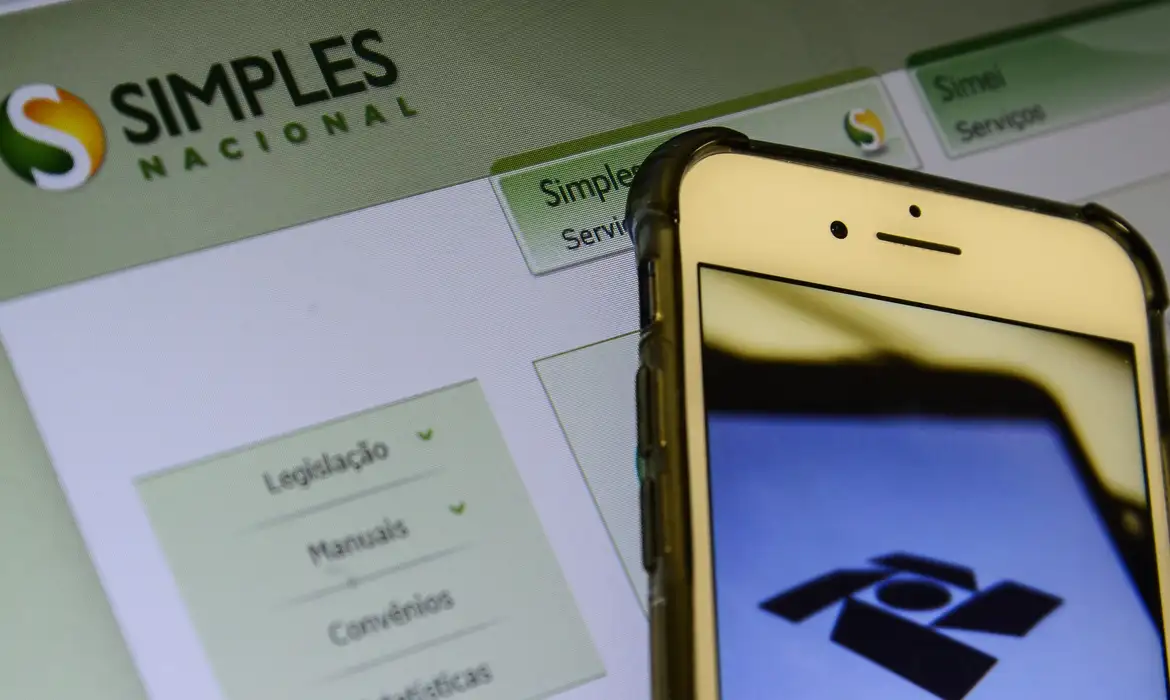New flexible license aims to reduce bureaucracy in foreign trade




Instituted by decree published this Wednesday in Official Diary of the Unionthe Flex License can be obtained from Foreign Trade Single Portal.
The main difference of the Flex License is in the issuance, which is now based on deadlines, quantities or values of the operations. In this way, a license can be used in more than one external sale or purchase, reducing the cost of issuing documents and facilitating the routine of foreign trade companies.
The Ministry of Development, Industry and Foreign Trade (MDIC) provided examples of how the Flex License will bring more agility, mainly in the issuance of authorizations by regulatory agencies or certification bodies. In the case of exports, the National Health Surveillance Agency (Anvisa) for the sale of nationally controlled drugs will grant authorizations for three years, eliminating the requirement to review medication records at each shipment.
cost reduction
In the case of imports, in which the issuance of most documents is paid, the Flex License will reduce costs. A company that imports photovoltaic cells, or automotive wheels, can save around R$7,700 per year or R$30,600 in four years, if this is the expiry date of the Flex License granted. Until now, to import these products to Brazil three times a week, the same company would need 144 documents per year and 576 in four years, at a cost of R$ 53.53 for each one.
The Flex License will also bring agility, replacing some documents that take weeks. The National Institute of Metrology, Quality and Technology (Inmetro), the body that authorizes operations in the case of photovoltaic cells, takes an average of 15 days to issue each document. For other government agencies, the average shipping time may exceed 35 days. With the new tool, companies save time and resources by requesting a license only once.
Centralization
The decree also centralized the filling out of forms and the delivery of documents, data or information. These procedures will now only take place through the Single Foreign Trade Portal, eliminating the need for the exporter or importer to provide clarifications to various bodies.
The measure regulates the Lei 14.195, of 2021. According to the MDIC, the change will be implemented gradually. Centralization in the Single Portal will take place until September 1, 2023 for exporters and until March 1, 2024 for importers.
Foto de © 24 12:49:41
Economia,Licença Flex,Comércio Exterior,agências reguladoras,Anvisa




